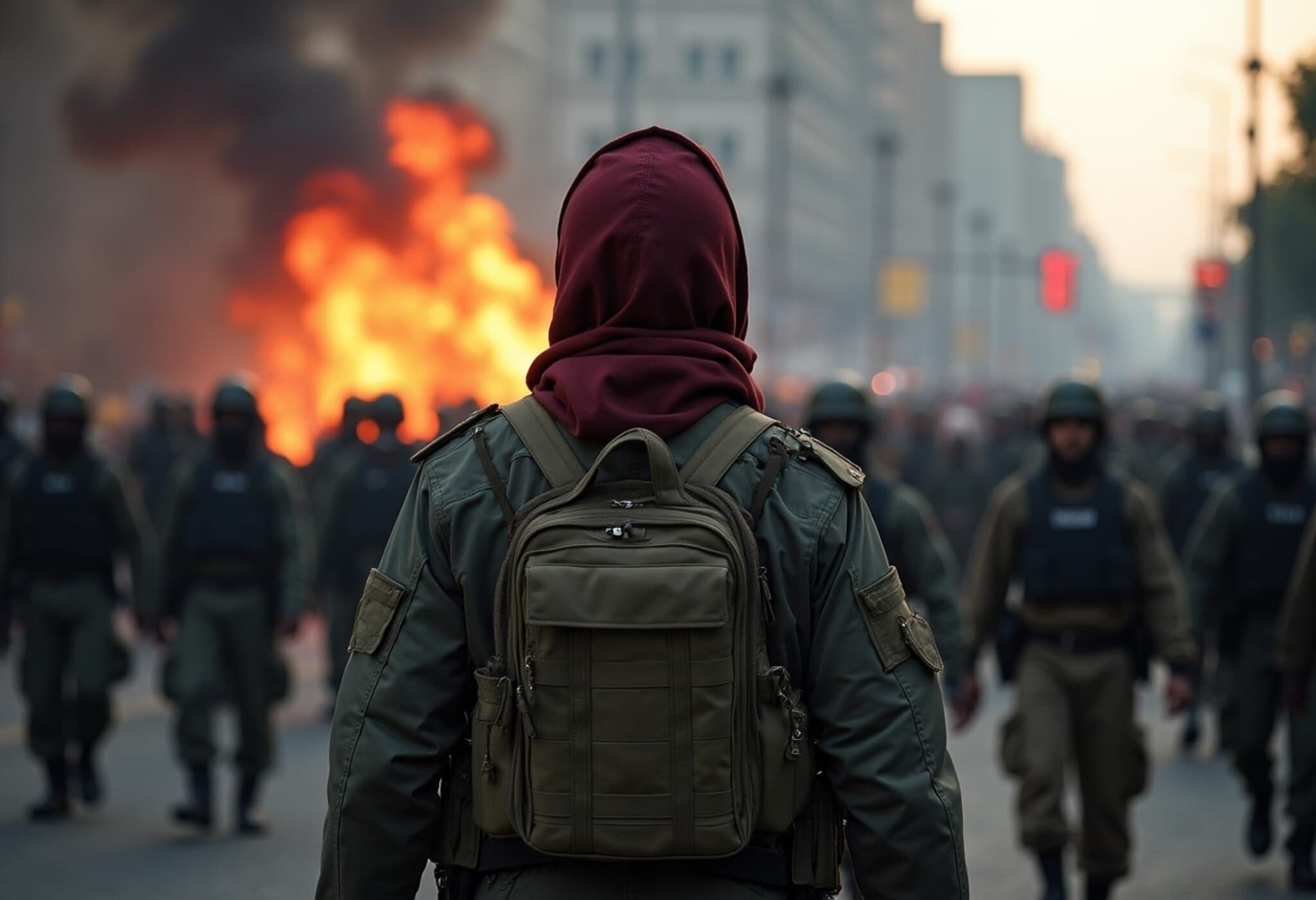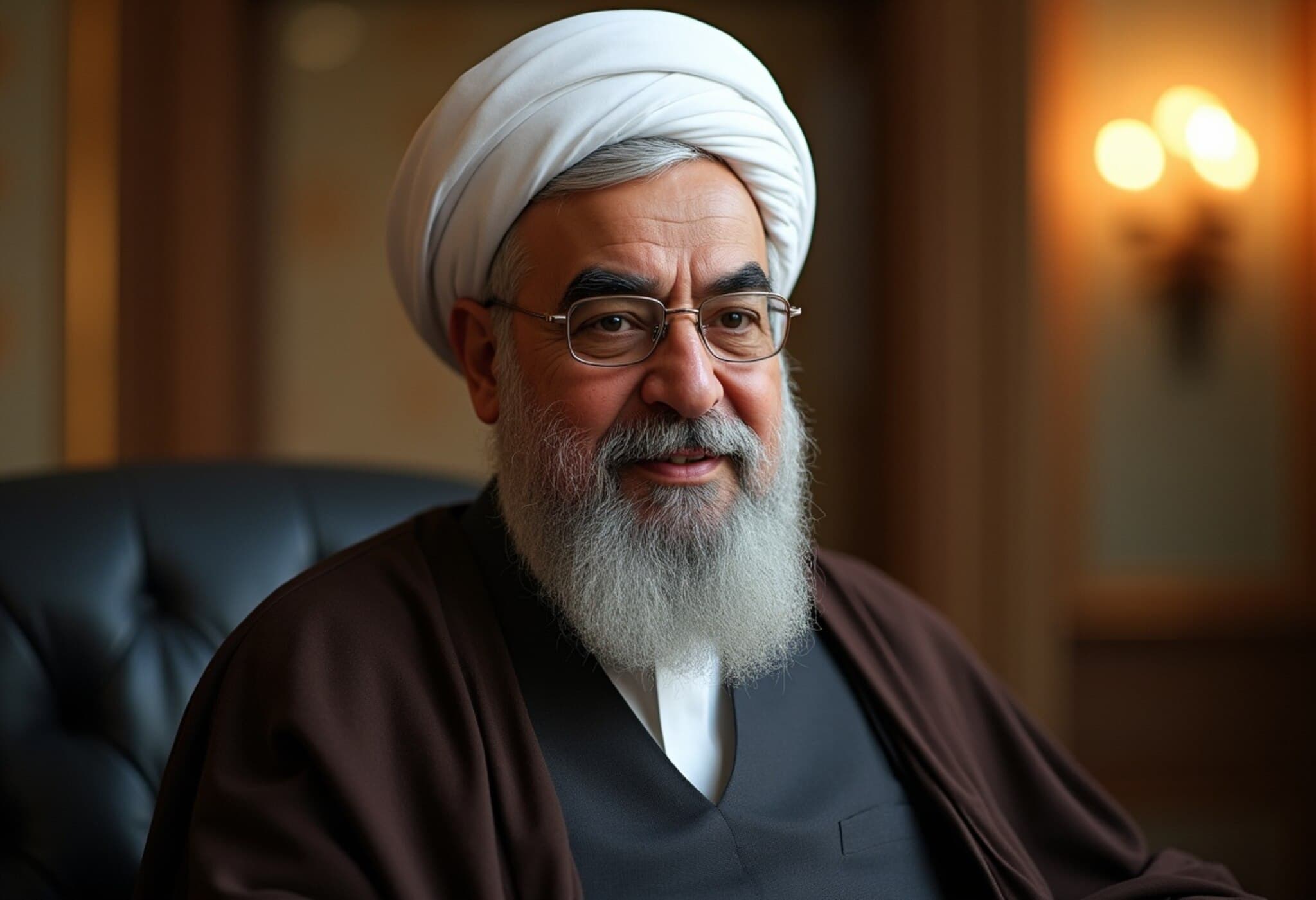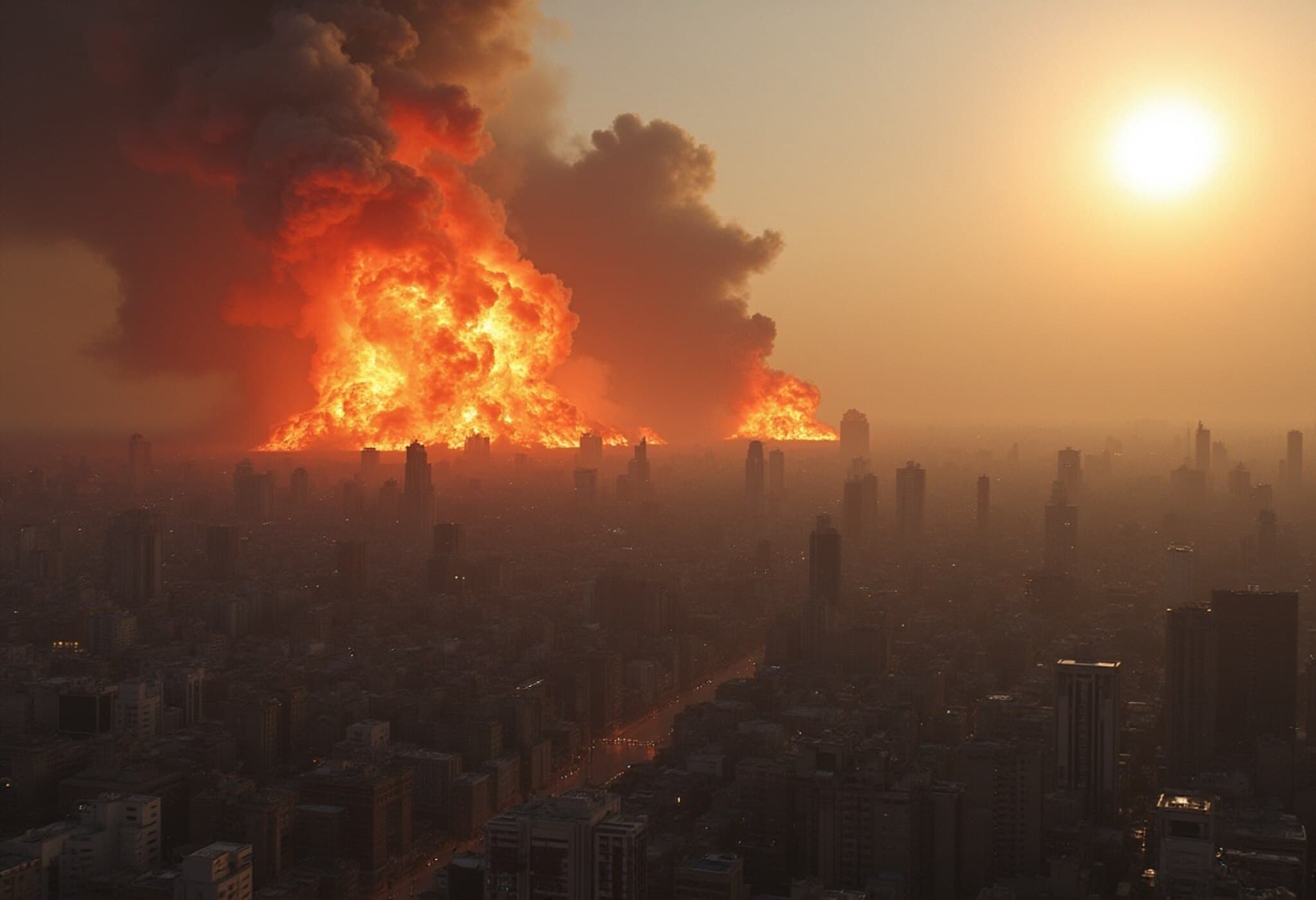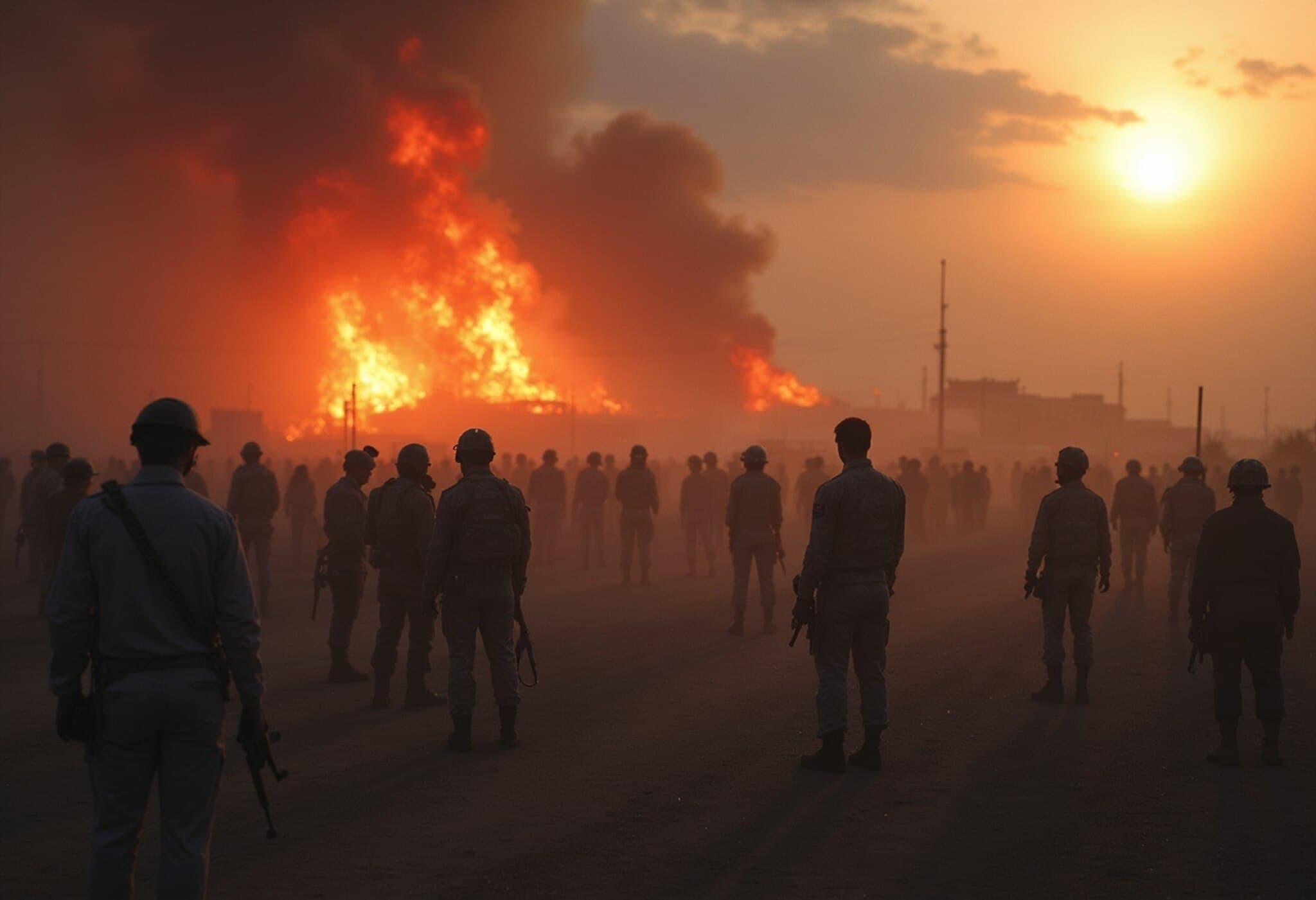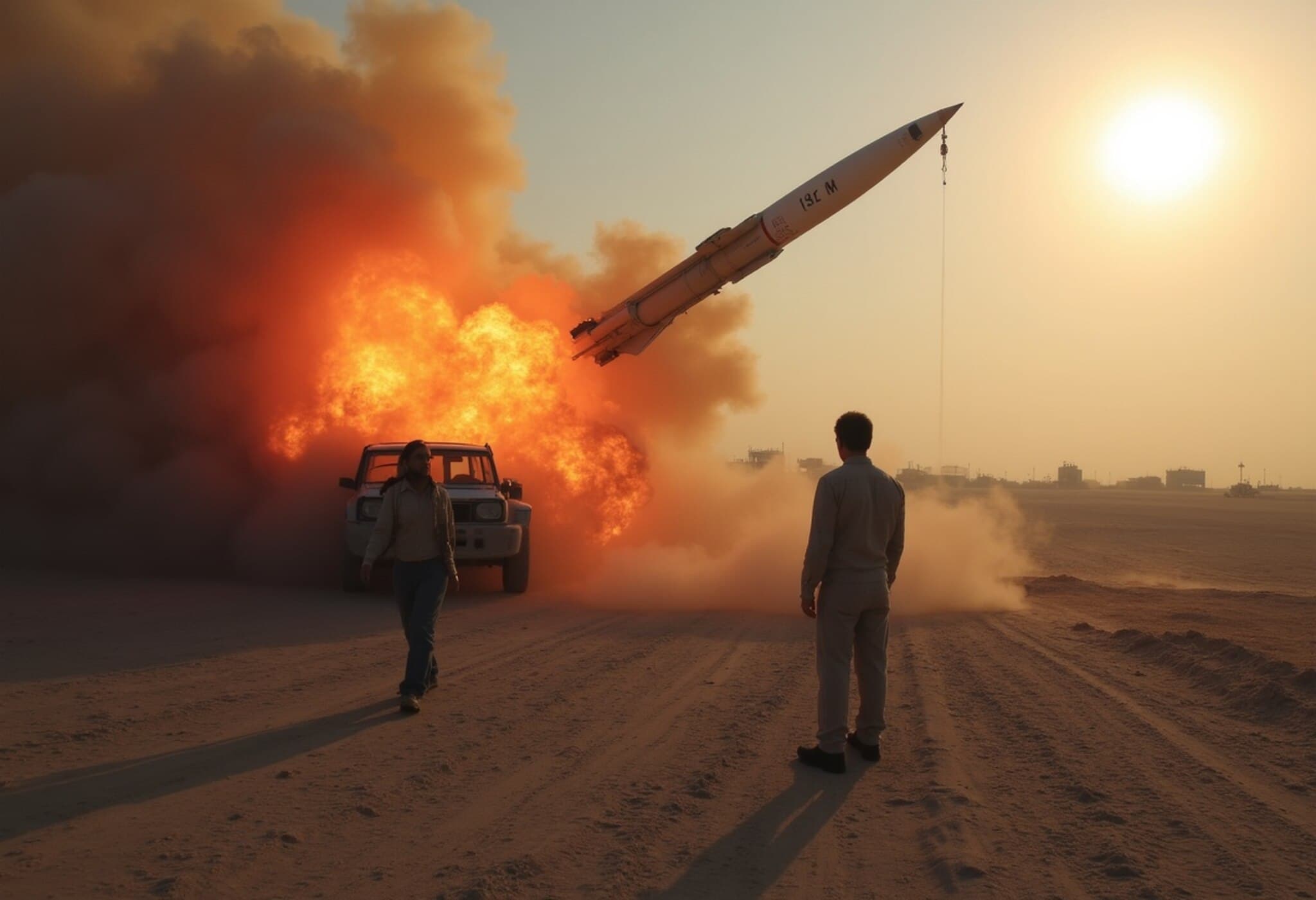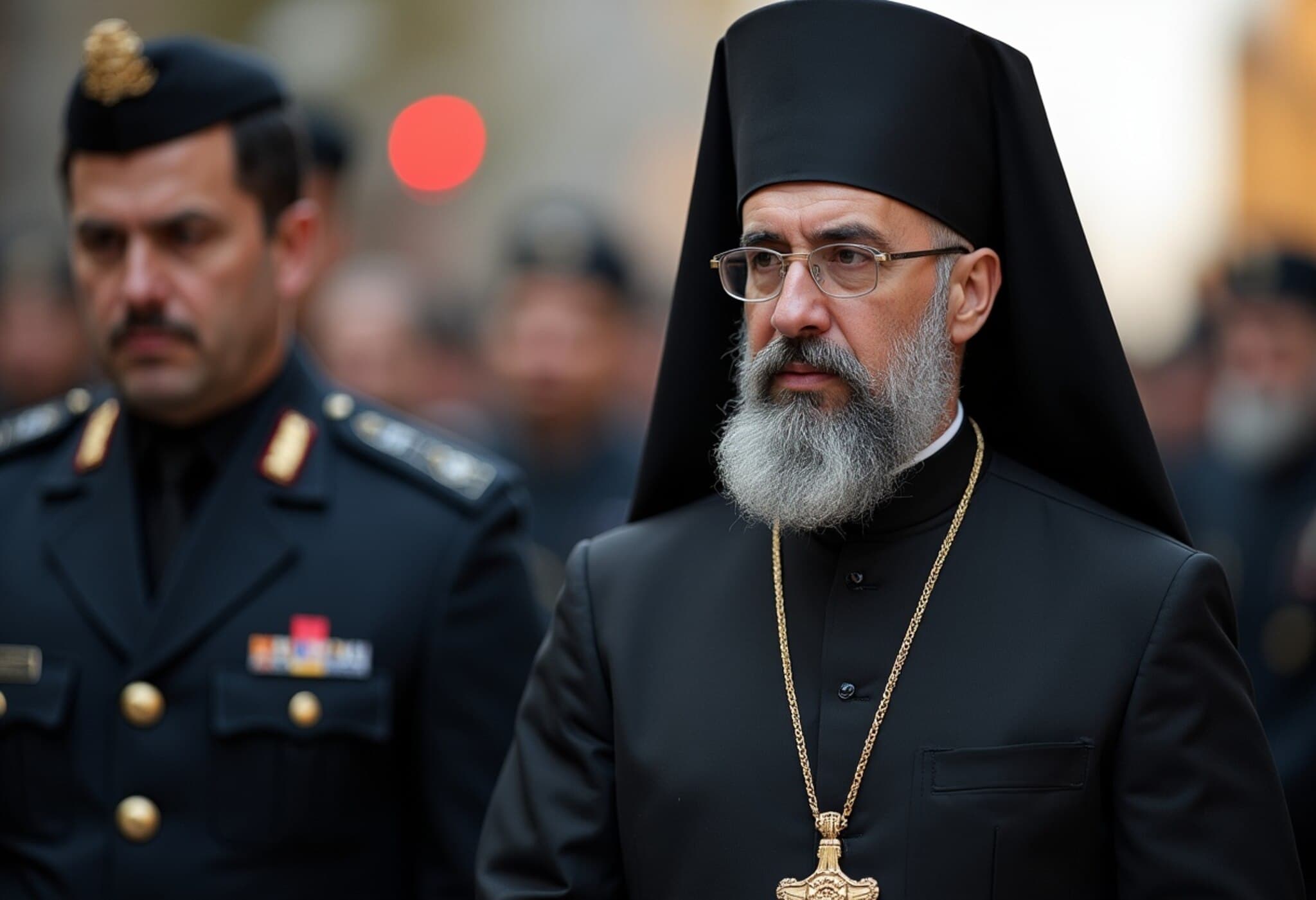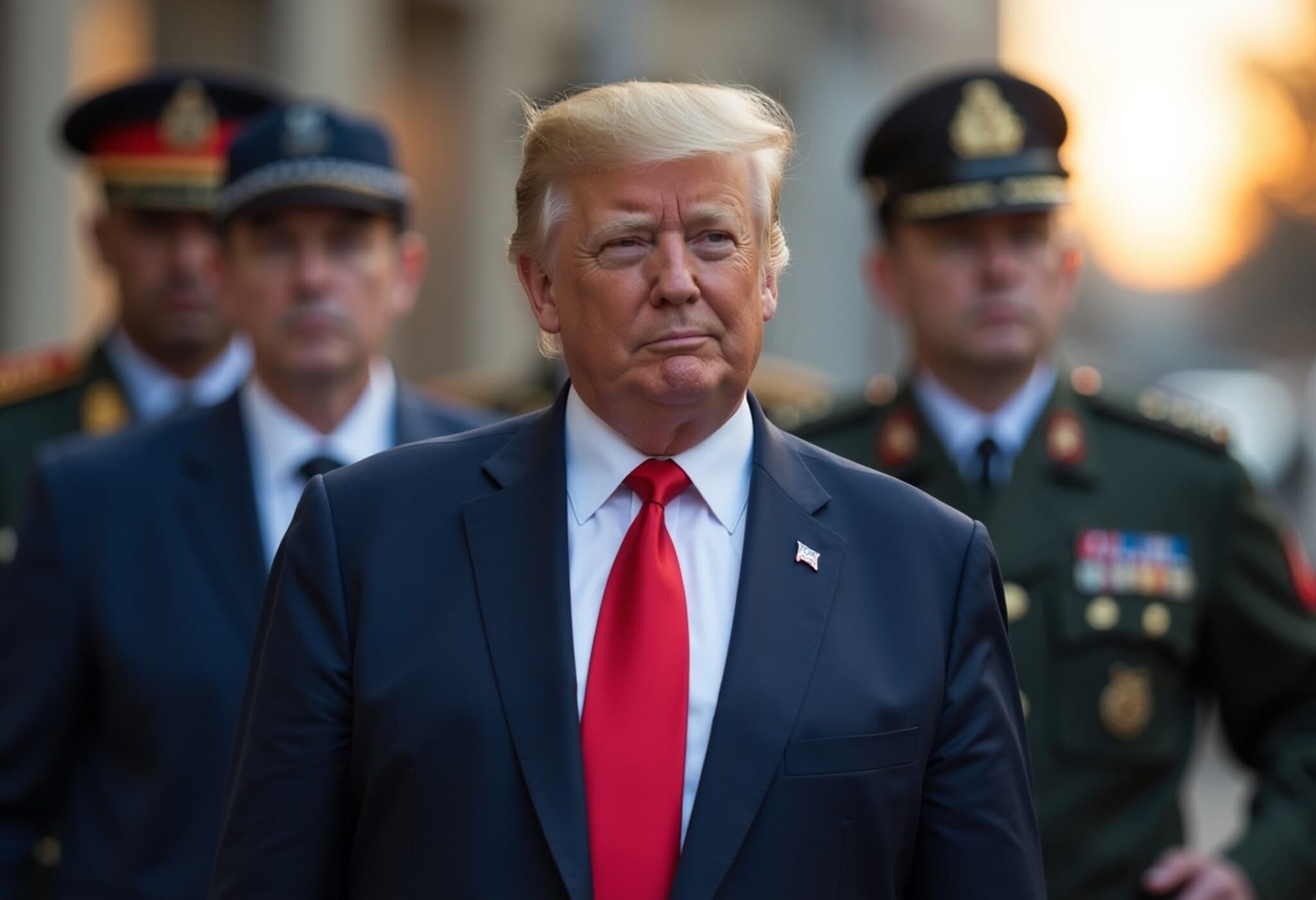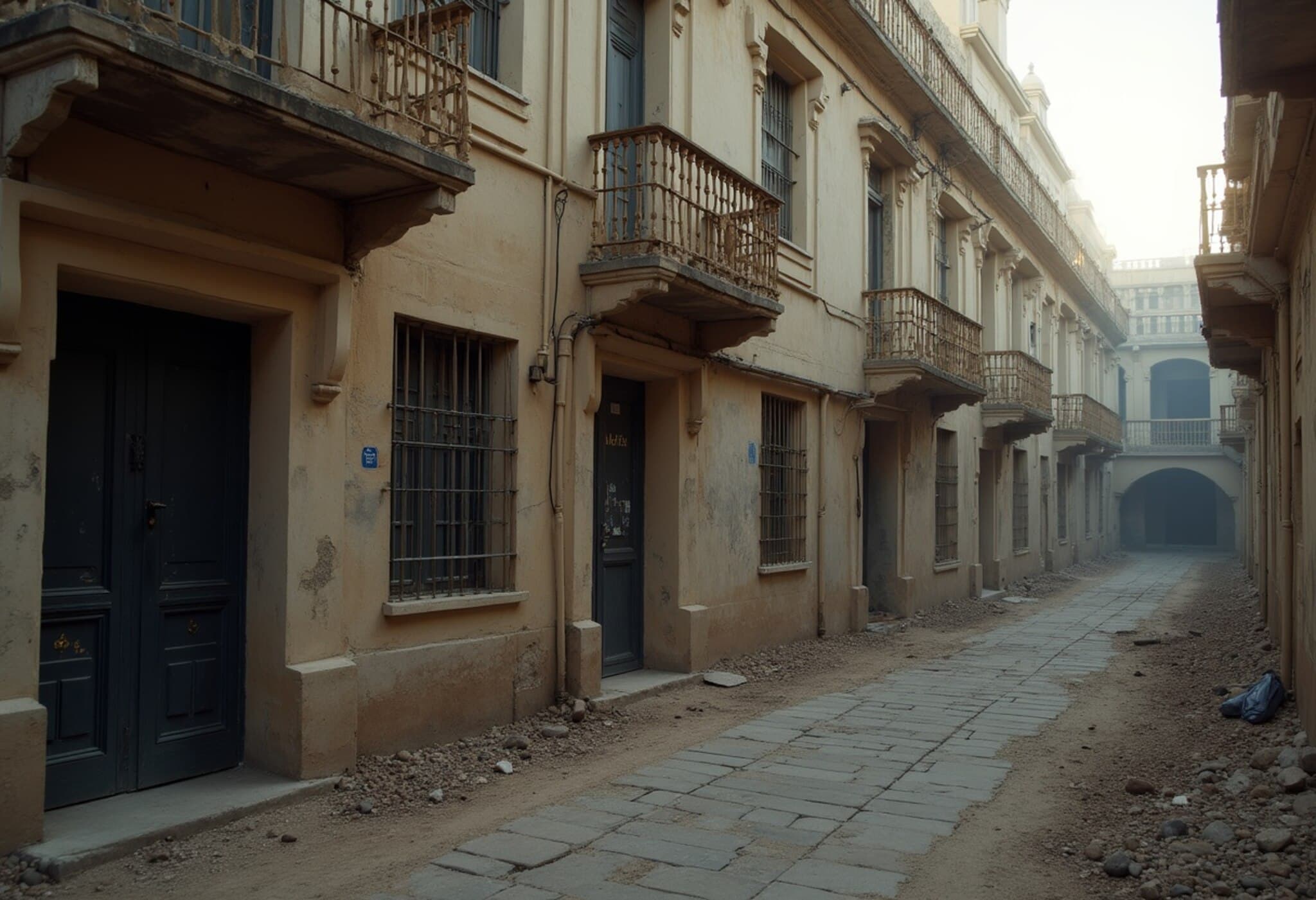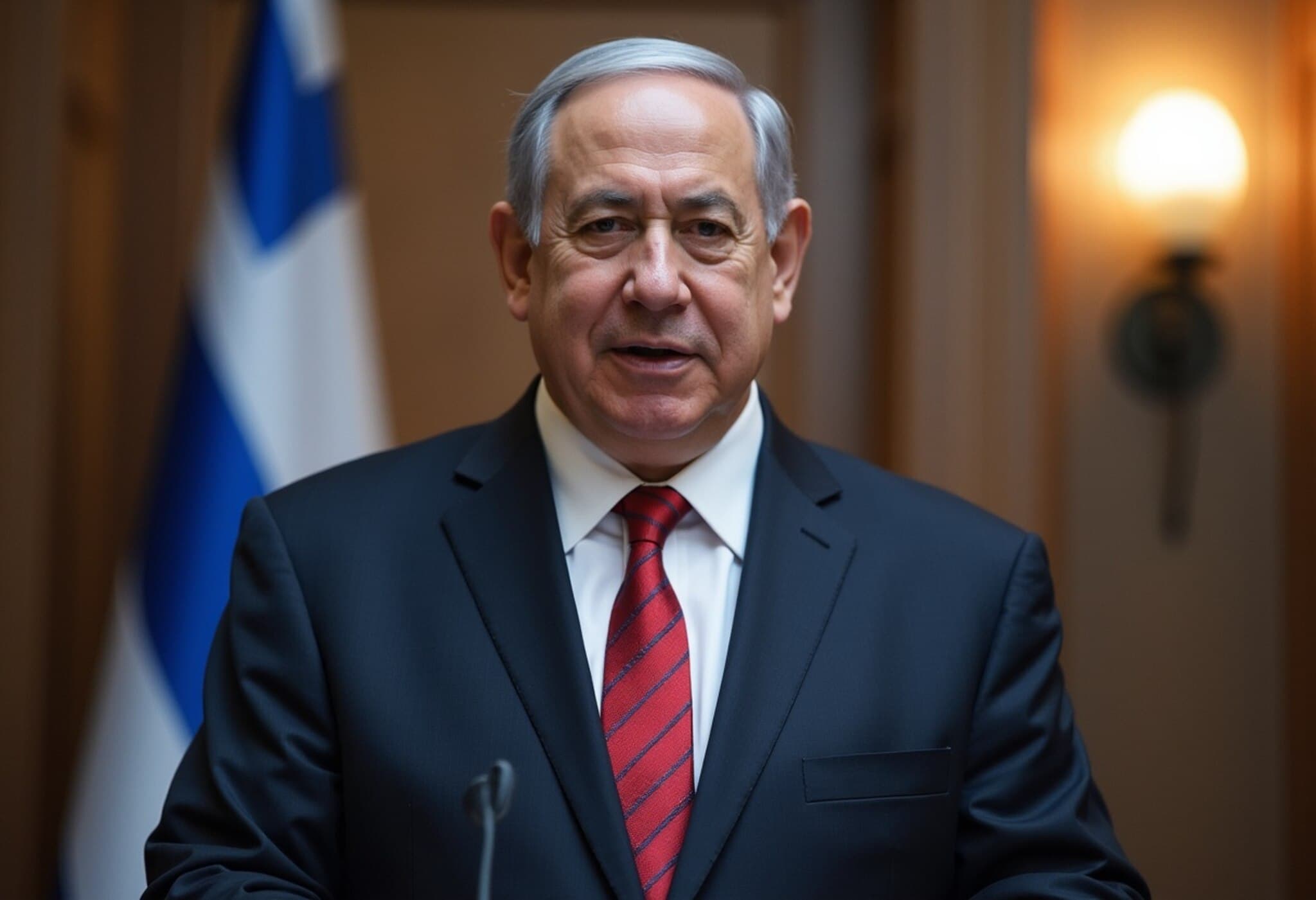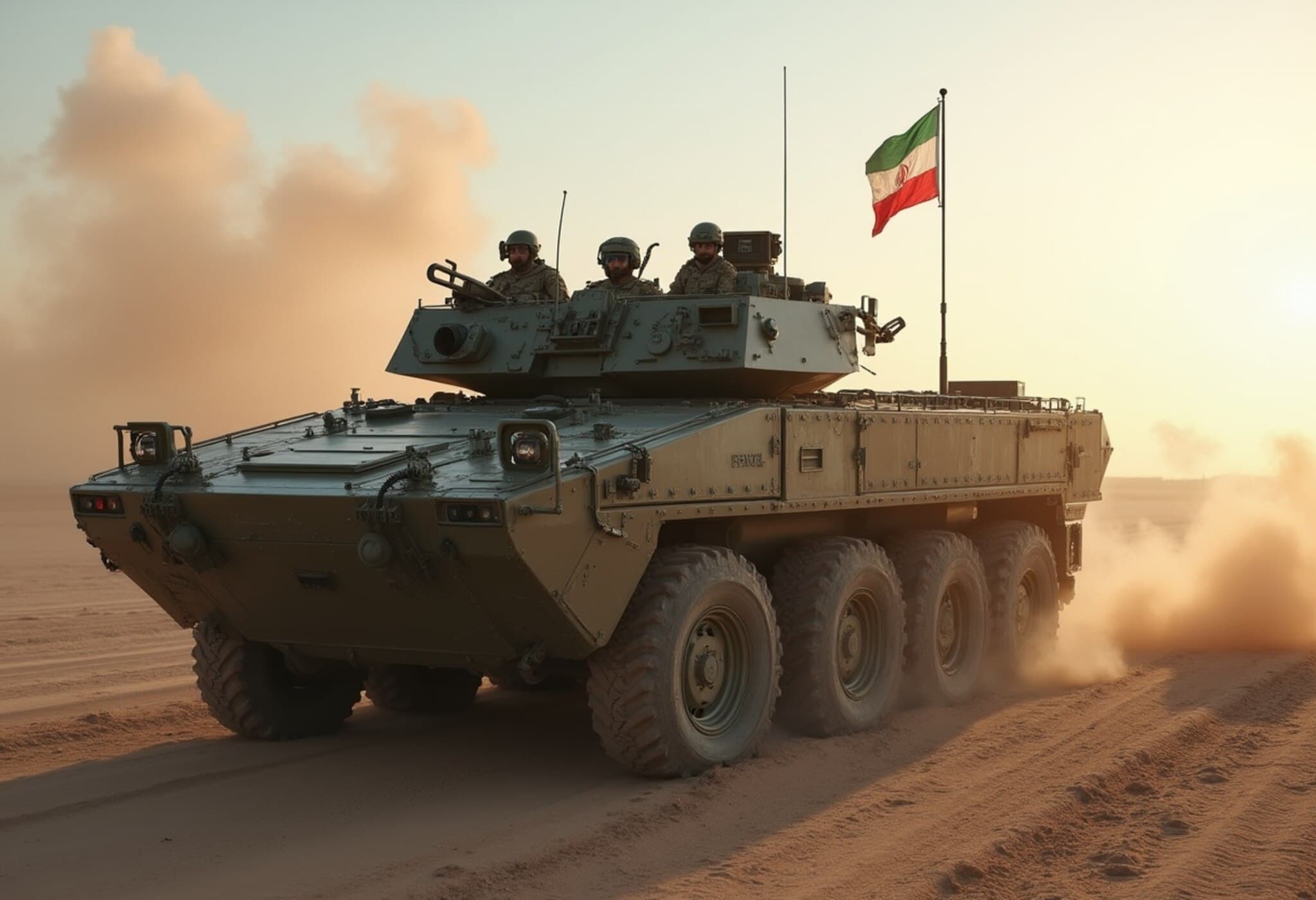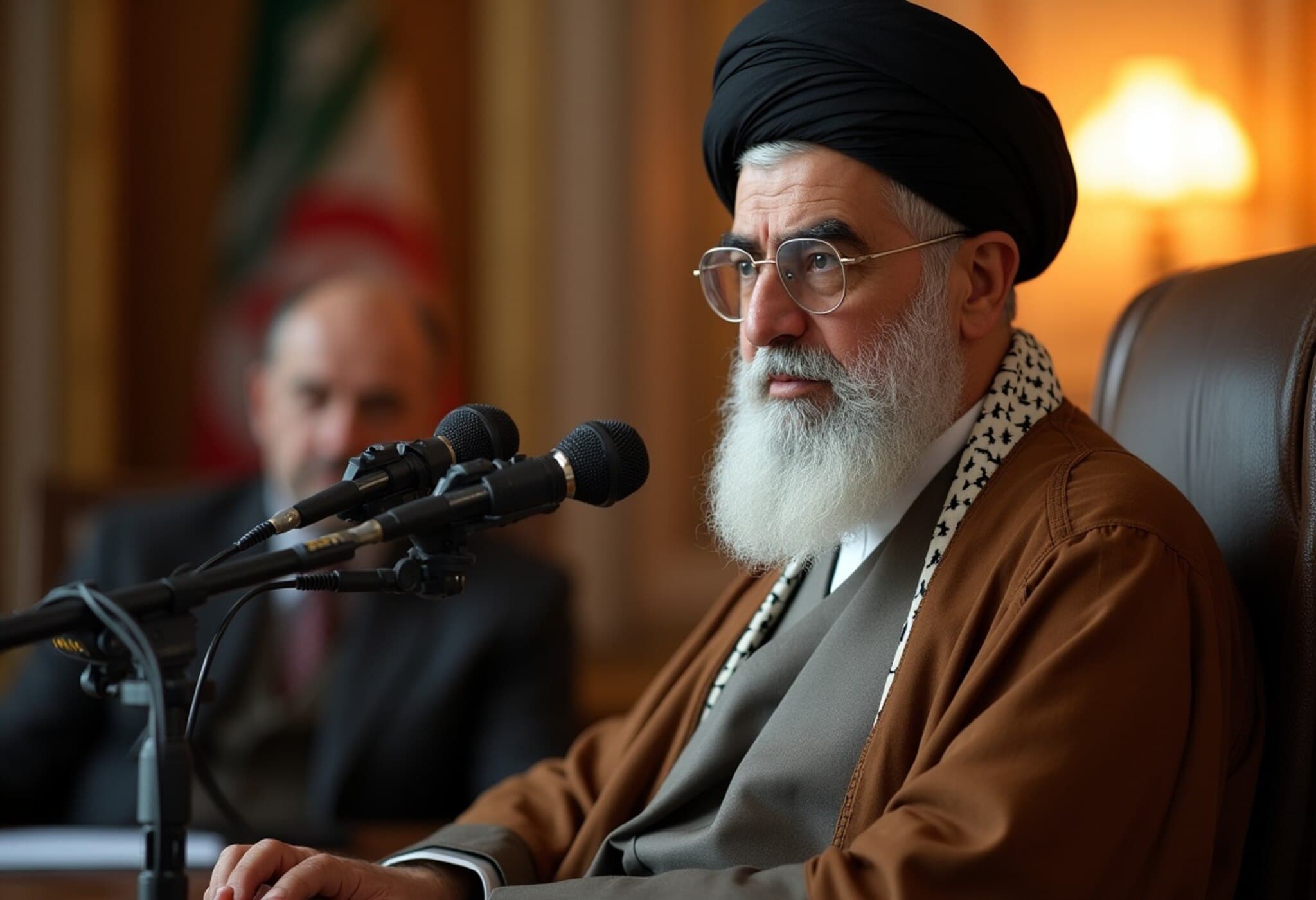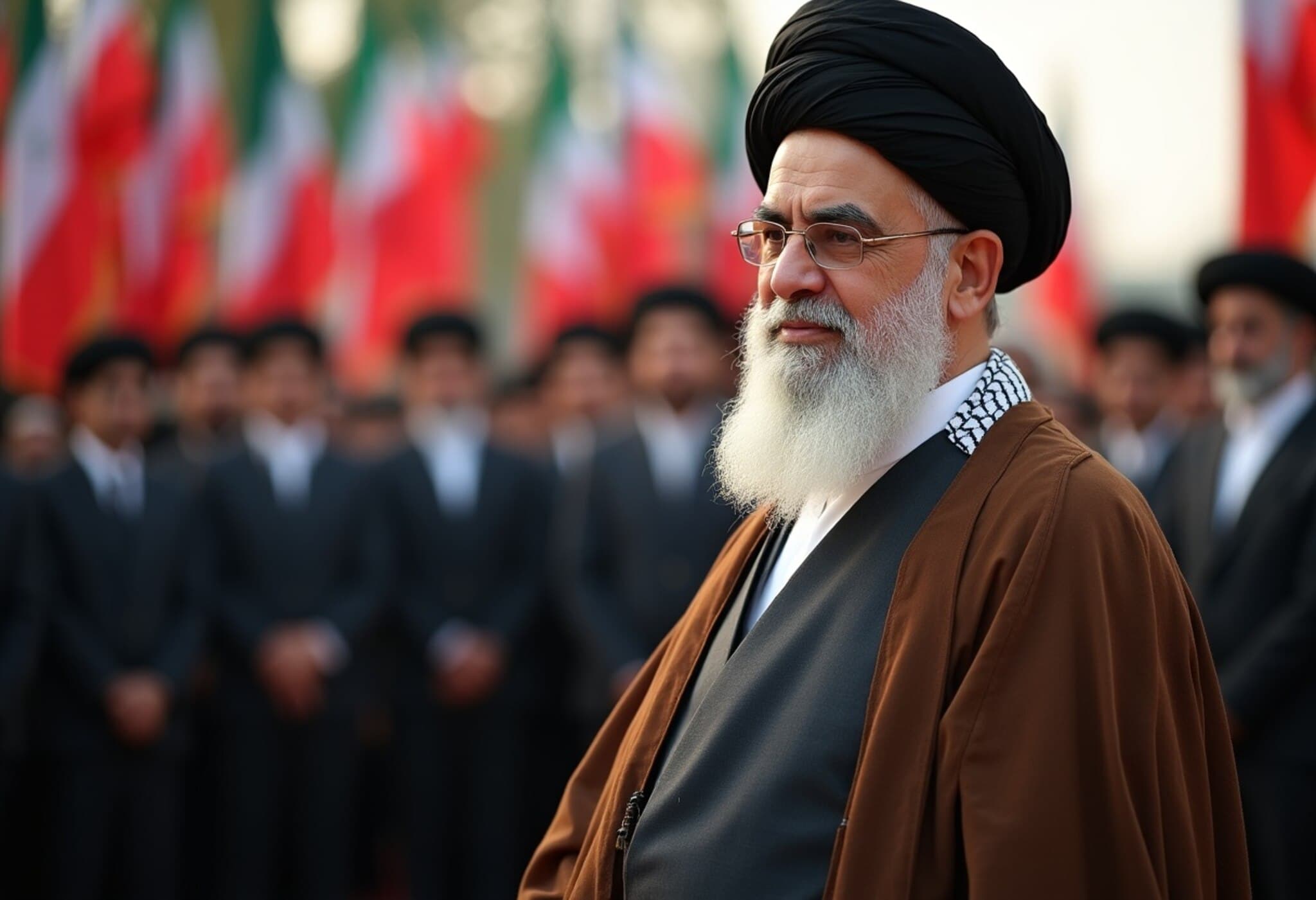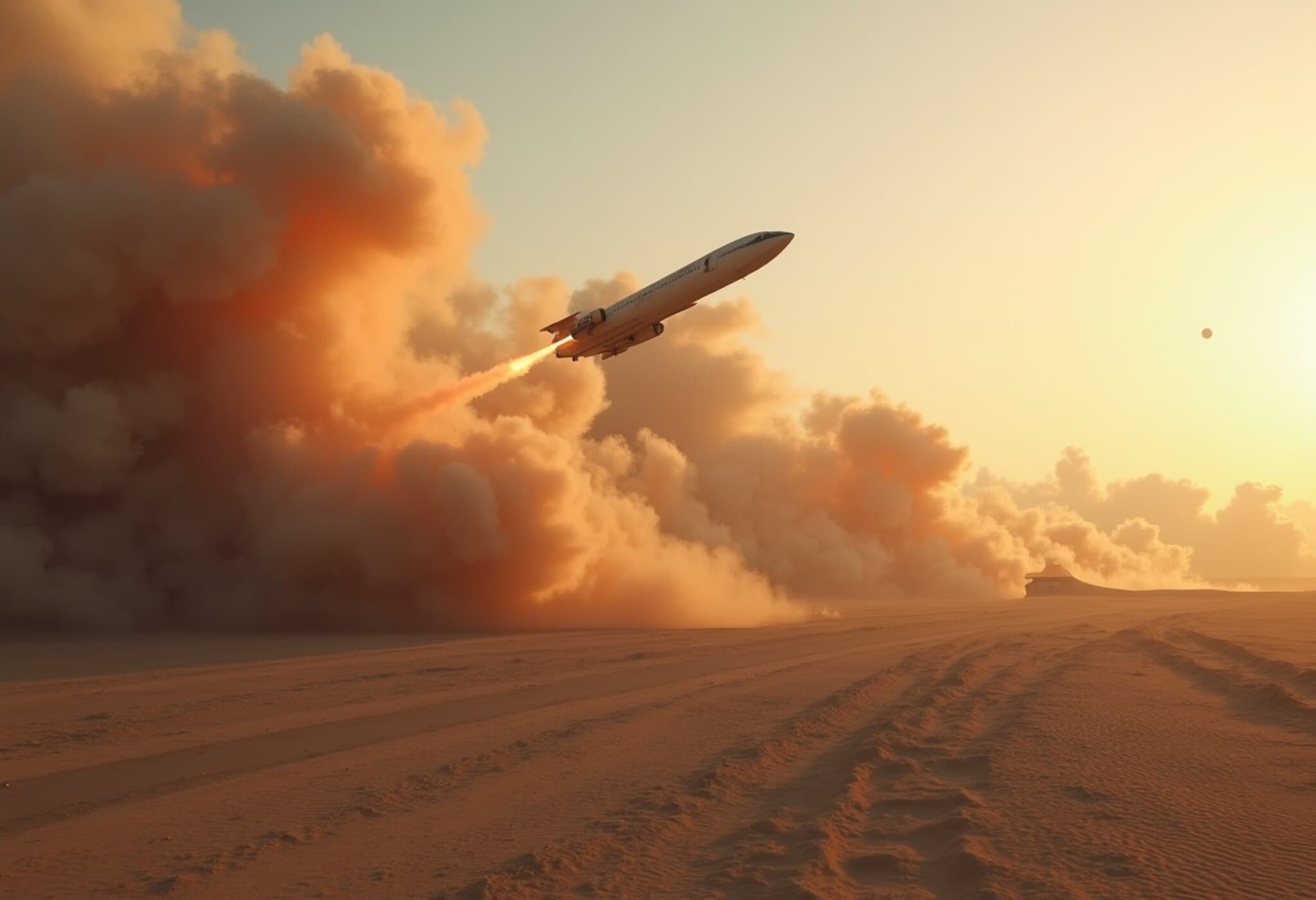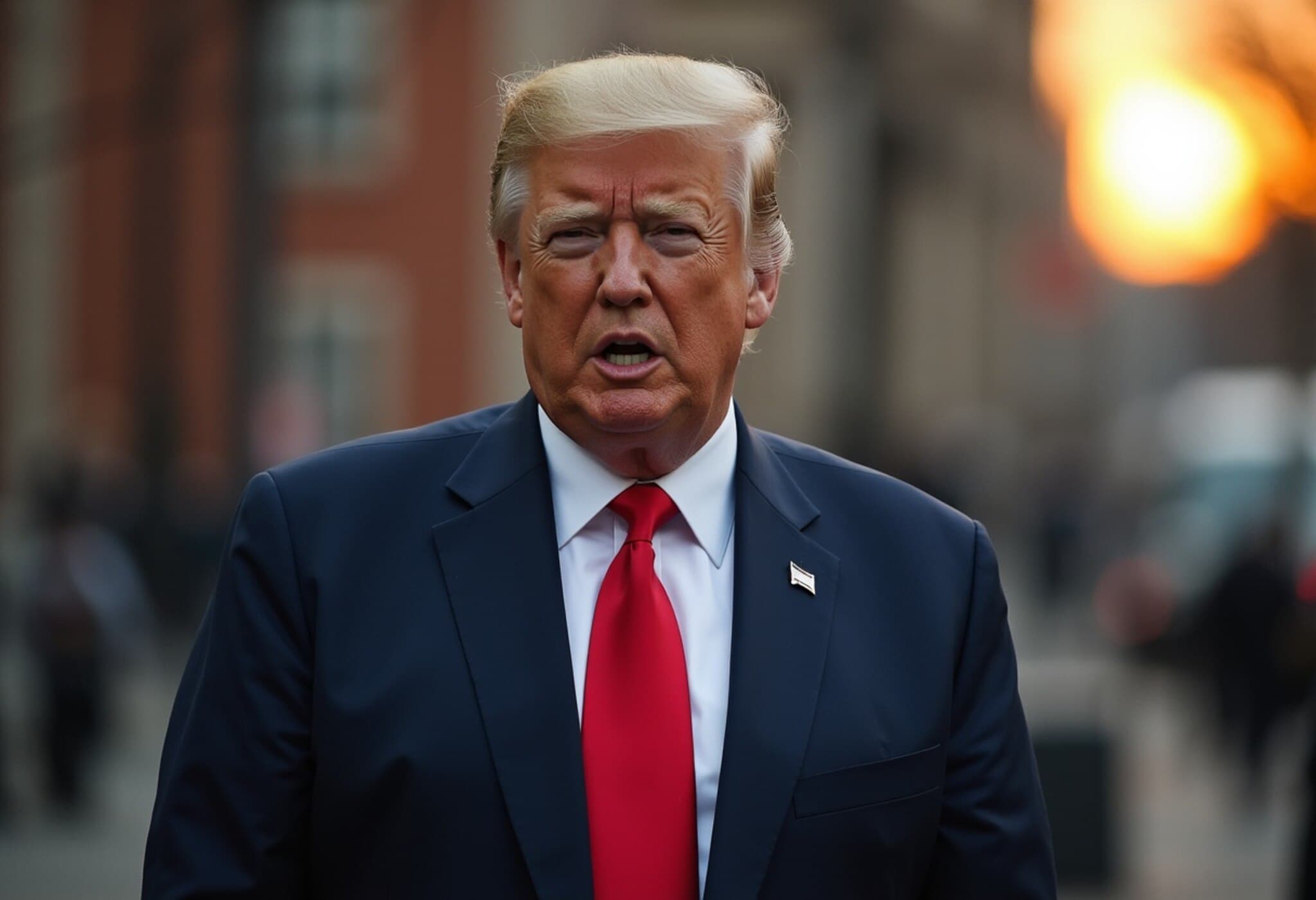Escalating Conflict Spurs Iran’s Harsh Internal Crackdown
As tensions mount with Israel, Iran has sharply redirected its focus inward, launching a heavy-handed crackdown marked by mass arrests, executions, and increased military deployments—especially in the volatile Kurdish regions. Just days after Israeli airstrikes on June 13, Iranian security forces ramped up their presence with widespread checkpoints and conducted numerous arrests, according to activists and officials.
No Major Uprising, But Quiet Discontent Grows
Despite some hopes among Israeli observers and exiled opposition groups that the strikes might ignite a popular uprising against Tehran's regime, large-scale unrest has failed to materialize. Instead, a simmering but subdued anger is spreading quietly across the country.
Security Prioritized in Ethnic Minority Areas
A senior Iranian security official confirmed that internal stability has become the regime's top priority, focusing especially on ethnic minority provinces. The Revolutionary Guard and Basij paramilitaries have been placed on high alert, responding to perceived threats from Israeli intelligence operatives, ethnic separatists, and the exiled People's Mujahideen Organisation, known for launching attacks inside Iran previously.
Human Rights Concerns and Allegations of Suppression
Human rights activists warn that the government is leveraging the external conflict as a pretext to intensify suppression of dissent. An activist based in Tehran, previously jailed during the 2022 protests, expressed deep concern: "We’re extremely cautious right now. There’s a real fear the regime is using this moment as a pretext for harsh crackdowns.”
According to Iranian human rights monitoring groups, at least 705 individuals have been arrested on political or security-related charges since the conflict surged, many accused of spying for Israel. The recent execution of three Kurdish men near the Turkish border in Urmia was condemned by Kurdish rights organizations.
Heightened Military Deployment Along Borders
Iranian authorities have also reinforced border security against Pakistan, Iraq, and Azerbaijan, aiming to prevent infiltration by what they describe as "terrorist" elements. Iranian Kurdish separatist factions operating from Iraqi Kurdistan report increased arrests and military activity across Kurdish-majority provinces.
Impact in Kurdish Regions: Fear and Control
Ribaz Khalili, a representative of the Democratic Party of Iranian Kurdistan (KDPI), describes a significant military clampdown: Revolutionary Guard forces have taken control of schools, executed door-to-door raids, and locked down critical infrastructure in cities like Kermanshah and Sanandaj.
Additionally, the Free Life Party of Kurdistan (PJAK) reports that over 500 opposition members have been detained since the Israeli strikes began. Multiple Kurdish sources highlight an atmosphere of fear, with stringent checkpoints enforcing invasive searches of belongings, digital devices, and personal documents throughout the region.
Iran's current crackdown underscores the regime's determination to quash internal dissent amid escalating regional tensions, with ethnic minority areas bearing the brunt of intensified security measures and repression.

